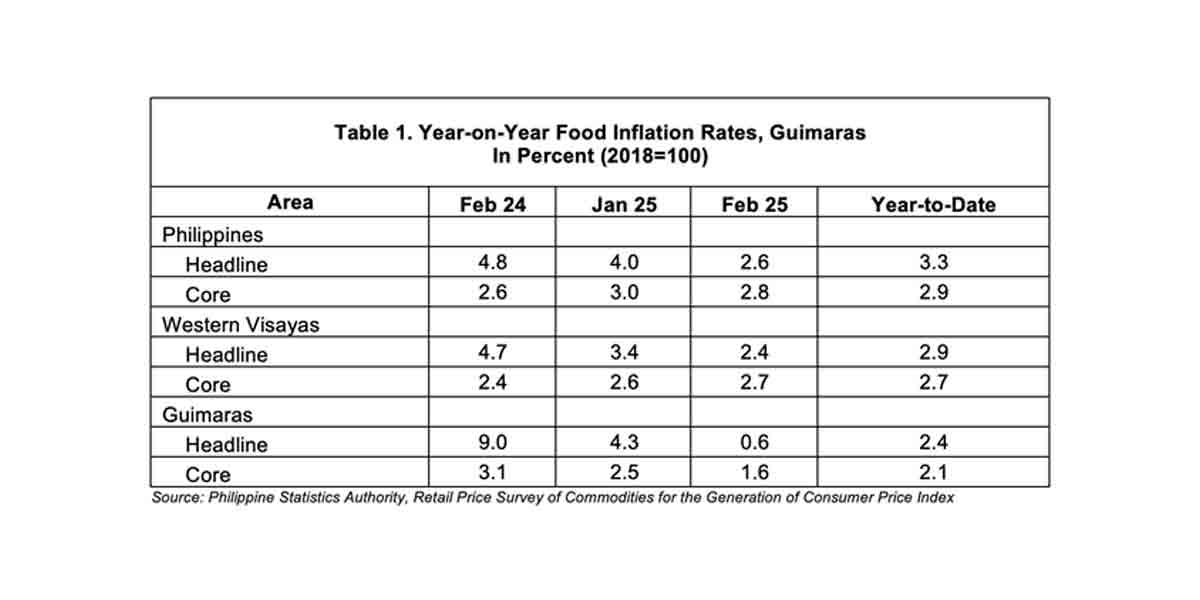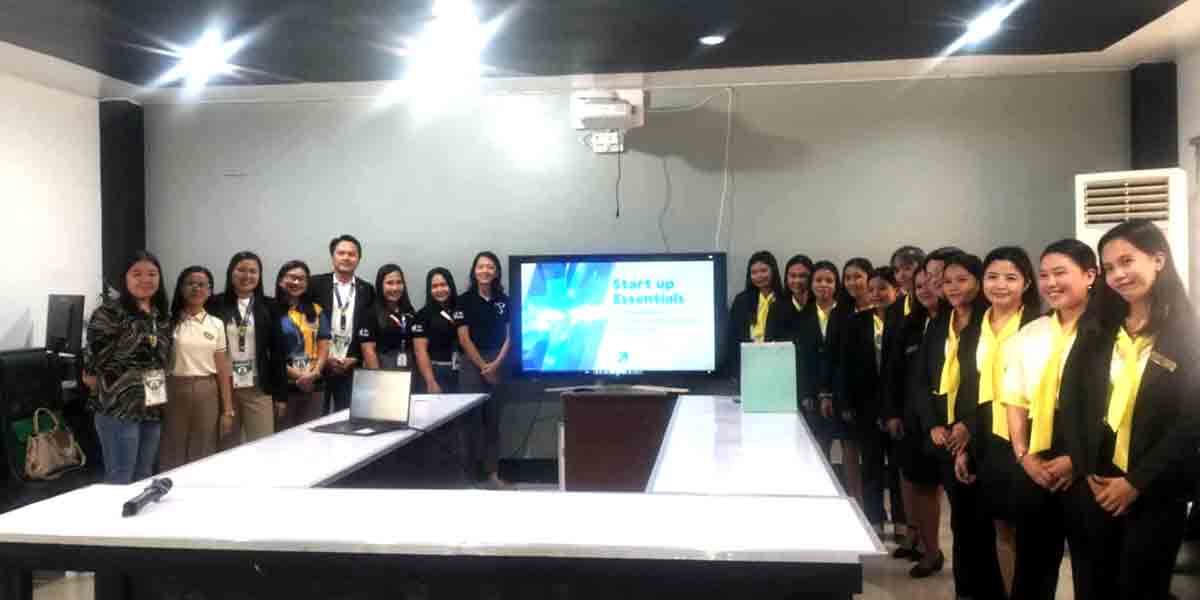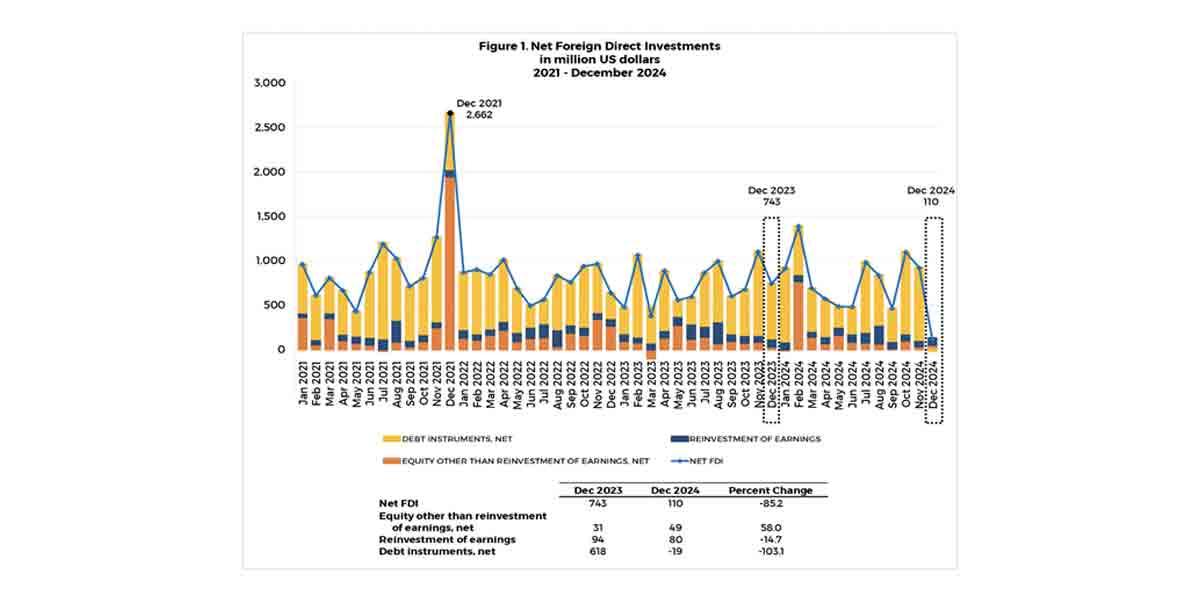
By Francis Allan L. Angelo
The January 2024 results of the latest Labor Force Survey (LFS) point to an increasingly formal and stable employment landscape, wherein 67.1% or 30.8 million of the 45.9 million employed Filipinos are now wage and salary workers, primarily in private sectors.
The surge in quality employment opportunities is further corroborated by a downtick in the underemployment rate to 13.9% in January 2024, a modest but meaningful decrease from 14.1% the previous year.
“Wage and salary workers enjoy more stable employment conditions, including perks such as health insurance and social welfare benefits,” Finance Secretary Ralph G. Recto said in a press statement.
“The fact that they are continuously increasing and accounting for the largest share of employed persons in the country indicates that the majority of our workforce is engaged in formal jobs.”
Sector-wise, services dominate employment contributions with 60.2%, followed by agriculture at 21.4% and industry at 18.4%. Notable sub-sector growth was seen in construction, transportation and storage, administrative and support service activities, and fishing and aquaculture.
The employment rate’s ascent to 95.5% from 95.2% during the same period in 2023 brought the unemployment rate down to 4.5%, a signal of a labor market experiencing robust hiring activity.
However, the Labor Force Participation Rate (LFPR) has seen a slight reduction to 61.1% from 64.5% in January 2023, an occurrence attributed to the return of the youth to schooling, marking a shift in focus to human capital development.
The Department of Finance’s proactive approach through the Growth-Enhancing Actions and Resolutions (GEARs) plan aims to sustain and enhance these employment trends.
The strategy is set to achieve growth-enhancing fiscal consolidation conducive to investments that generate jobs.
As part of these initiatives, DOF has advocated for amendments to the Corporate Recovery and Tax Incentives for Enterprises (CREATE) Act, reducing business costs, and addressing regulatory constraints to attract strategic investments.
“The ease of doing business is what builds investment-led growth that creates more quality jobs in a land whose talents far outstrip opportunities that could harness them,” Secretary Recto emphasized
The government also commits to the President’s Build Better More program, targeting an annual infrastructure spending of 5% to 6% of GDP, leveraging private sector capital and expertise through the Public-Private Partnership (PPP) Code to alleviate infrastructure deficits, support social services, and stimulate job creation.
Revenue collection targets have been set with the aim to boost tax administration efficiency. These funds are earmarked for education, worker training, healthcare, and other programs vital to preparing Filipinos for emerging job markets.
“Our greatest asset is our people,” Recto asserts. “This is something even countries worldwide recognize. Thus, we will prioritize empowering them further by investing heavily in human capital development to prime and prepare them for the best and the brightest opportunities ahead.”
In the bustling streets of Iloilo City, construction worker Jose Moreno feels the pulse of this growth.
“The site I’m working on is part of the new infrastructure projects. It’s not just a job; it’s a career with prospects I never had before,” he said.
Yet the challenges cannot be overlooked. While the service sector booms, there remain those in the agricultural sector who feel left behind.
Farmer Nilo Magaño of Cabatuan, Iloilo shares his concern that “improvements in job quality are great for the city folks. We need more support to make our work more sustainable and profitable.”
Responding to such concerns, the government’s human capital development programs aim to not only boost job opportunities but also the readiness of Filipinos to take them on. This involves an intricate balance of educational advancement, vocational training, and healthcare improvement, equipping individuals with the necessary skills and well-being for employment growth.
















